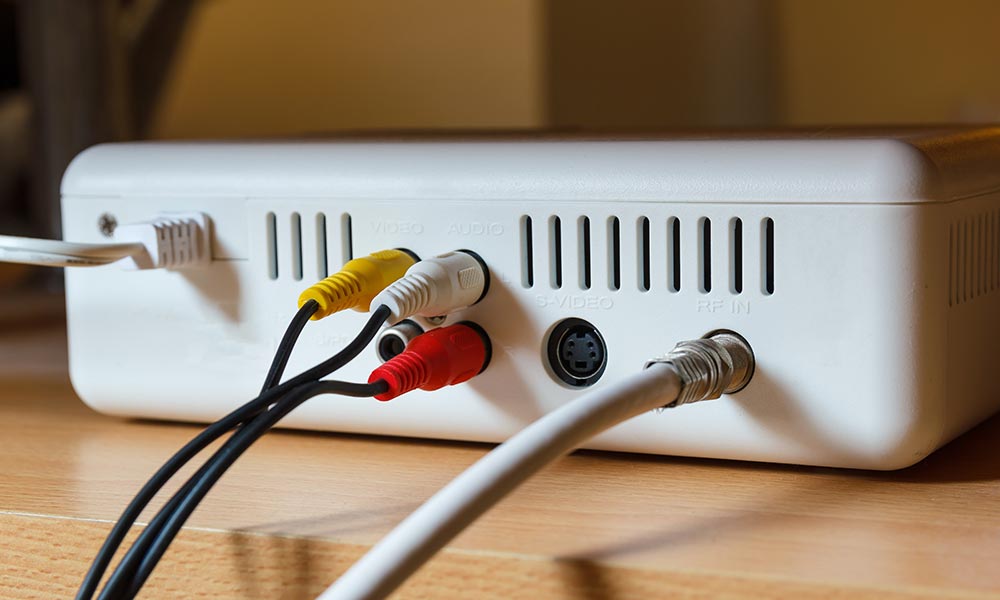
FCC’s Plan to Unlock the Box Draws Cable-Industry Ire
A proposal the FCC approved last week would allow outside companies to sell cable set-top boxes to consumers, but cable and telecom groups are critical because of their concerns over competition and privacy.
Thanks to a new ruling by the Federal Communications Commission (FCC), cable-TV customers could find themselves with an array of new options for changing channels—something the cable industry isn’t too happy about.
Last week the FCC decided in favor of allowing a set-top-box proposal to move forward that would give outside players permission to design and sell their own boxes. These days nearly all set-top boxes are rented by cable companies to consumers, who pay a fee on their monthly bill. But according to the new rules, streaming devices such as Roku and Apple TV could someday take the place of the cable box, allowing for competition in the market and more consumer choices.
“Consumers who enjoy their current setup through their pay-TV provider do not have to take any action,” the FCC explained in a news release [PDF]. “The proposal would instead provide an option for consumers looking for a competitive device or app to access the pay-TV content to which they currently subscribe.”
While a previous industry solution, CableCard, allowed Americans to access pay-TV channels via a small device (available from cable providers for about $2 a month) instead of a rented set-top box, it failed to catch on with the vast majority of consumers, despite the best efforts of companies like TiVo. The new standard, AllVid, would effectively replace this card with a software-based solution.
That could allow companies such as Google and Apple to step in with their own set-top boxes, something the cable industry objects to. The Future of TV Coalition, an advocacy group launched by cable and telecommunications companies in response to the AllVid proposal, argues that it is costly and flawed.
“The rules under consideration will drive up consumer costs, hurt programmers (and most especially small and diversity programming), and blow a gaping hole in Congressional protections for our TV privacy—all for an unnecessary government giveaway to Big Tech,” the coalition wrote in a news release.
The privacy angle is significant, according to telecom groups. Last week, the Washington Post pointed out that the FCC proposal would require cable providers to act as a watchdog over companies like Google that decide to market their own set-top boxes by making them ensure that these companies don’t use consumer data for advertising purposes.
Michael Powell, the head of the National Cable & Telecommunications Association, suggested in a New York Times letter to the editor that under AllVid, much of the onus would be on the cable companies, not the set-top-box providers.
“These new AllVid boxes would be exempt from privacy rules limiting the sale of individual viewing profiles and limits on advertising to children,” Powell wrote. “And it would actually increase consumer bills because of huge re-engineering costs and new in-home boxes and adapters required to make the system work.”
INCOMPAS, a trade group for competitive telecom providers that was formerly known as COMPTEL, sees things differently. Chip Pickering, the CEO of the organization, wrote favorably of the proposal in a Medium post.
“Use of open standards will help bring more content from more places into your home more quickly,” Pickering wrote. “In the same way we didn’t allow our streaming services to be throttled by the pipe into the home, we must remove bottleneck of the boxes that block content once it gets there.”
The proposed rule will be subject to a 90-day comment period.
(stigmatize/ThinkStock)






Comments